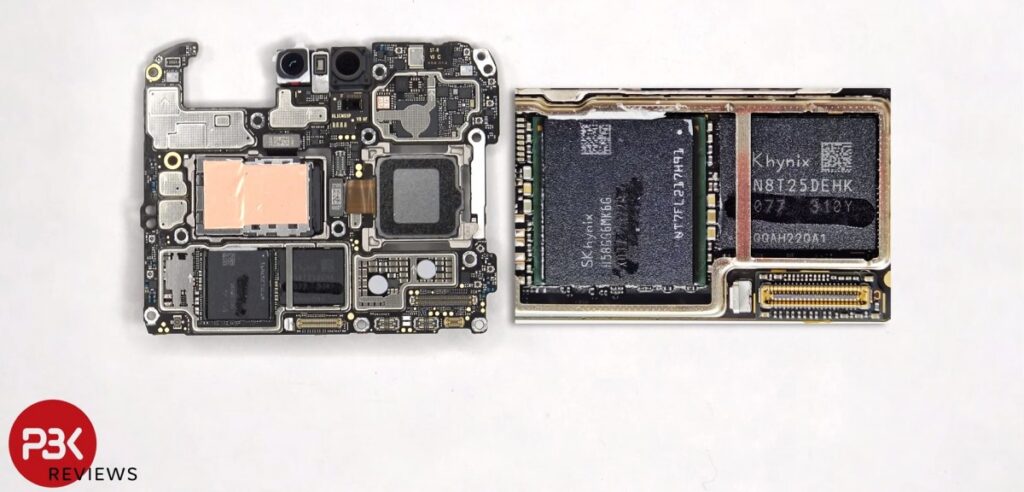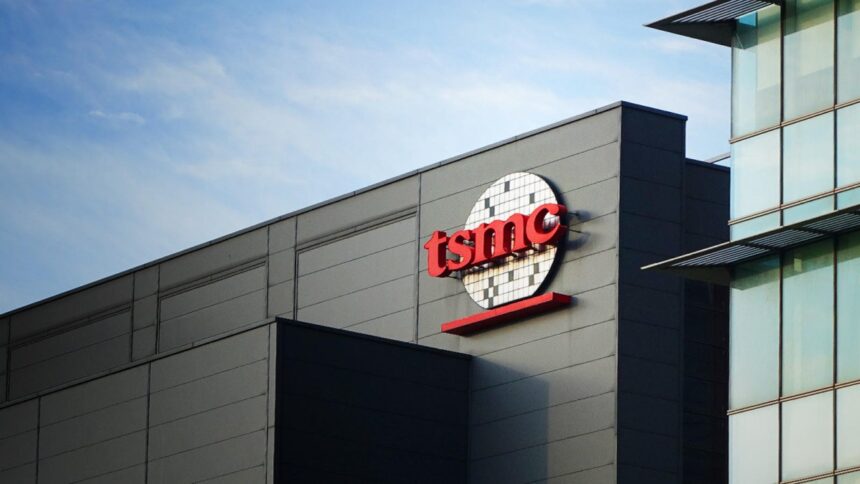Taiwan’s TSMC has discovered that some of its chips ended up in Huawei devices, according to an insider who spoke to Bloomberg. The chips were supplied through a third-party client to the Chinese company, which used them in its AI servers, despite ongoing US sanctions.
This revelation comes shortly after reports that the US Commerce Department’s Bureau of Industry and Security launched an investigation into potential violations of export controls.
TSMC responded by emphasizing that it is a “law-abiding company” fully committed to following all regulations, including export controls. Meanwhile, Huawei stated that it hasn’t used TSMC chips since the US Department of Commerce blacklisted the company in 2020.

The report did not name the third-party client due to the sensitive nature of the situation. It remains unclear whether the client acted on Huawei’s behalf or where it is located. However, the report confirmed that TSMC chips power AI servers that Huawei uses to develop its artificial intelligence models.
Huawei is currently using 7nm chips produced by SMIC, but US officials have raised concerns about the company’s ability to manufacture these system-on-chip (SoC) solutions at scale. Despite these challenges, Huawei has successfully stockpiled some TSMC-made chipsets from 2019, specifically the Kirin 910. We’ve even seen modified versions of this chipset show up in various products over the years.









